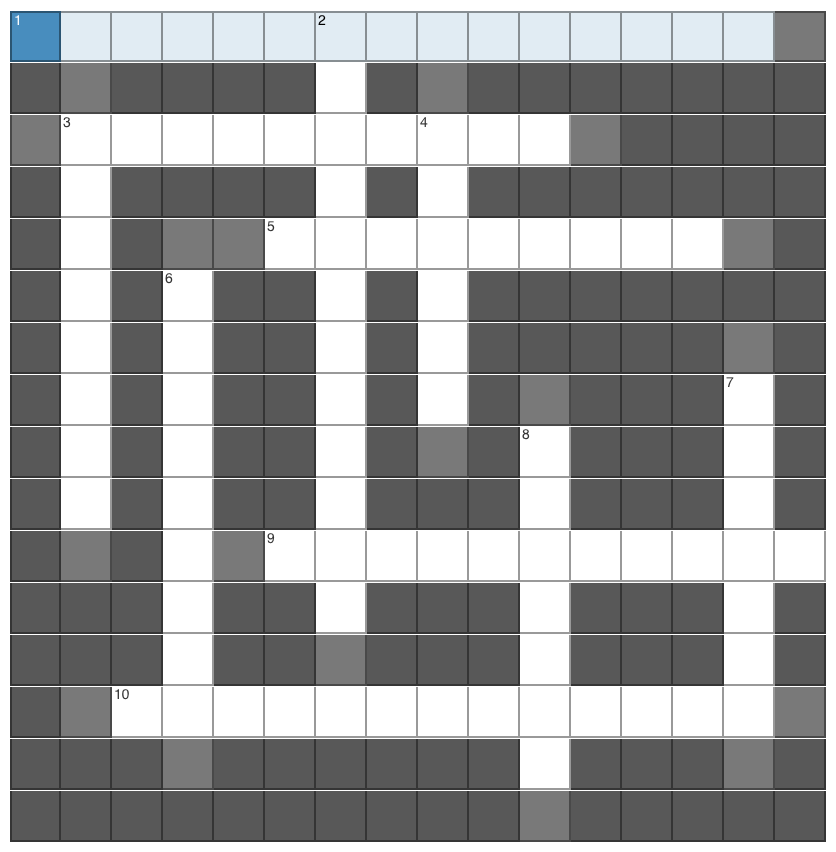Happy Saturday to 29-year-old Noland Arbaugh, who lost all movement beneath his shoulders in a 2016 accident. That’s not why we’re writing about him though.
Two days ago, Neuralink shared a video of Noland (who received its brain-computer chip implant a few months ago) playing chess on his computer with his mind. He described it as “using the force on a cursor.” This is huge for two reasons:
Neuralink’s device transmits data wirelessly (so it can move around and not be restricted by wires). AKA the force.
The chip allows some multi-tasking (for ex. playing chess telekinetically while speaking about surgery) like how a normal brain works.
Just wow 🤯.
Now here’s the weekend roundup! (4 minute read)
Four ways to use AI 🤓
You’ve heard a lot about generative AI, but you might be wondering: how do I actually use it? We’ve got the answer - here’s a round up of the different ways early adopter physicians are trying new things with this new tech:
Administrative Tasks: Paperwork can lead to burnout — so leave it to the bots. AI can automate tasks like email responses, and prescription renewals, which account for 15-30% of healthcare costs. For those who have used Epic’s EHR, Microsoft plans to integrate generative AI into it soon to resolve these tasks.
Medical Training Simulations: Traditional training involves pre-programmed scenarios, which are restrictive. AI, on the other hand, can quickly generate patient cases and adapt in real time responding to the decisions the trainees make. This creates a more challenging and authentic learning experience. For example: the University of Michigan built a generative AI healthcare model that can produce various scenarios for simulating sepsis treatment.
High-Quality Medical Imaging: A team of bioengineers at Rensselaer Polytechnic Institute (RPI) have developed a technique that uses image post-processing to rapidly convert low-dose CT scans to images of superior quality (basically turning poor-quality scans into high-resolution medical images with great details), which can then be presented to radiologists.
Ambient Clinical Documentation: You’ve probably heard this one before, but we’ll tell you again: you can record (with consent) your patient visits, which are then transformed into simple, colour-coded notes. No more long charting sessions after each visit. A great way to try is our partner Heidi, which has a free AI scribe.
But before you start replacing your team with robots:
Watch out for bias: If the training data for a model doesn't represent the usecase properly, it can translate to biases against various groups (as Postcall previously covered). Or prompt transformation altering the output to just be plain incorrect, in Google’s case.
Lack of regulation. Despite ethical concerns, there are no laws in Canada governing AI use, and some Colleges have stated that physicians using AI scribes should proceed with caution and understand the risks involved. We personally like Alberta’s checklist.
Guess What I Saw Today
Drunk guy broke his ankle trying to put his foot in his mouth on a bet. Congrats…you are the dumbest person I’ve seen here today. He smiled and was proud of his accomplishment!
Walking corpse syndrome: Patient brought in to ED under emergency detention order for suicidal behavior, patient denies to me she is suicidal as she states she is already dead. I attempt to perform physical exam but she will not allow me to listen to her heart and lungs as she is "already dead", won't provide urine sample for the same reason, then nurse attempts to draw blood, and again patient declines, again stating she is already dead. In frustration, I tell her "it's for the autopsy" and she responds ok and allows nurse to draw the blood.
These stories are sourced from Postcall readers as well as across the internet. Have a riveting tale of your own? Send us your best “Guess What I Saw Today” from the OR, ED, or clinic (anonymized, obviously).
Speed Reads 🚤
1: 💡 Some doctors who create content online are combating misinformation in their online content. “I call it ‘smuggling in education,'” said Dr. Siobhan Deshauer (rheumatologist and Violin MD on YouTube). “You’re coming for this mystery and this excitement, but I’m smuggling in some topics that I think are really important and that I’m passionate about.”
2: 🚜 New med program alert! Starting in July, UBC is launching the Rural Immersion program, where medical graduates can specialize in rural family medicine. It’s the first of its kind in BC and one of very few across Canada.
3: 🧍Ever wonder what it would look like, if you could see only the blood vessels in a human body? (NSFW. Also, there are unresolved questions of ethics and sourcing for the exhibit pictured).
4: 📁 Taxes: The filing deadline is Apr 30 - are you ready? MMT is a physician-focused accounting firm ready to help practicing physicians, residents, and med students maximize their tax savings. Email [email protected] for tailor-made solutions.
5: 🚗 Going for a test drive of an EV this weekend? You may want to think twice - insurance rates may be on the way up due to EVs being more difficult and costlier to repair.
6: 👸 After weeks of conspiracy theories about her, Princess Kate Middleton has announced yesterday that she is undergoing chemotherapy for an unspecified cancer. King Charles III also announced his own cancer treatment several weeks ago.
7: 💵 In Ontario FM? Join Dr. Ryan Banach and OMD for a new webinar on improving billing processes and leveraging your EMR (identifying missed billing opportunities and decreasing revenue loss). Register here.
8: 😆 Don’t be like Dr. Leizi:
Mastering Delegation
Time management is tough for all of us, at all stages of our careers. So for part three of our delegation tip series, we’ll focus on the importance of outsourcing and delegating tasks as a team leader.
This week’s tips:
Divide and Conquer (Part Deux): Especially when you have a new clinical practice, hammering down team dynamics can be crucial. Dividing tasks among team members fosters camaraderie and a sense of belonging, while also reducing overall workload and stress. For example, having your administrative staff create and distribute clinical/informational brochures and handouts can reduce unnecessary phone calls (basic patient inquiries & logistics). Delegation = streamlined operations + staff engagement.
Discuss Amongst Yourselves: By leading monthly feedback sessions with your clinical team, you can identify and address "weak links" hindering productivity. Use the Theory of Constraints to pinpoint key limiting factors: 1) Identify the constraint; 2) optimize it; 3) sync pace with it; 4) improve it; 5) find the next one.

And now, our delegation tip series has come to an end. So remember to harness those delegation powers so that you, too, can become a time-saving hero!
If you have any helpful tips for your newer-to-practice colleagues (or folks looking to improve), let us know here and we might publish your tip!
🕹️ Game ⛳️
Let’s see how well your weekend brain is functioning.
First question: What is the name of the newest album by Ariana Grande, with a single charting at #1 this week?
Sharing is caring! Please send our puzzle to friends & co-workers!
Share Postcall, rack up referrals, get merch. It’s that easy. Plus, you’ll get our eternal gratitude. Maybe we’ll name our next pet Shiba in your honour! 😜
Click here or share by copying and pasting this link: {{ rp_refer_url }}
What'd you think of today's edition?
🤘 PS. If you’re reading this, you know that our readers are Canada's best and brightest physicians, medical learners, and other smart, ambitious people. Learn about partnering with Postcall if you’d like to reach them.



